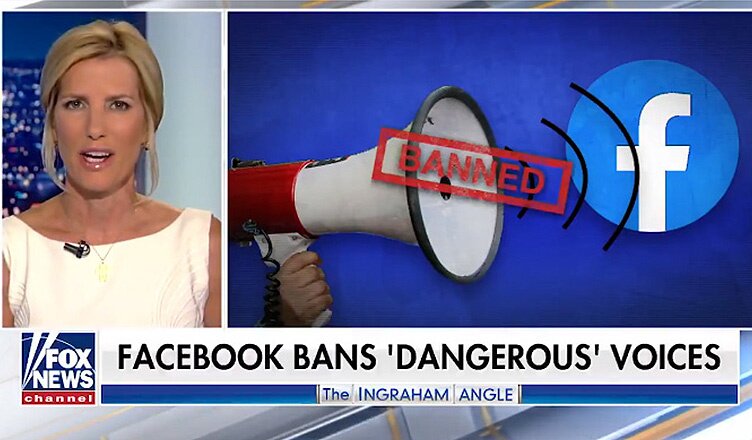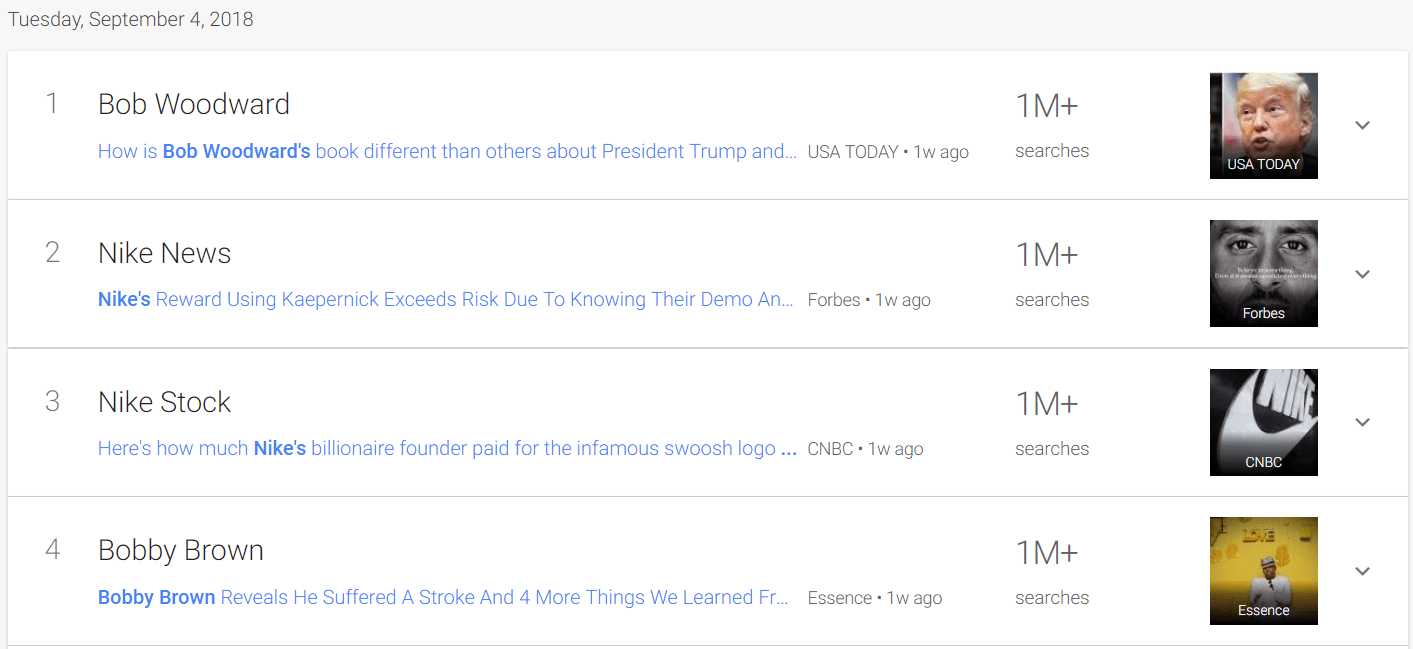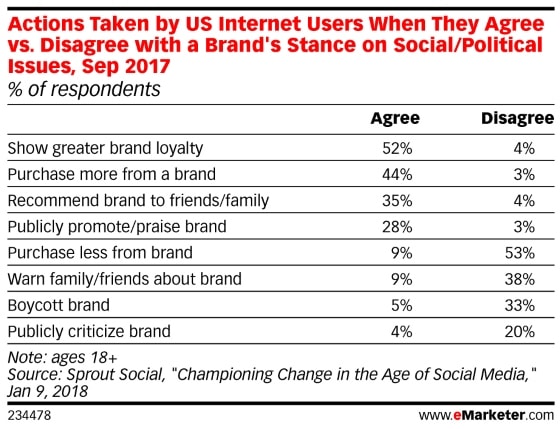Disclaimer: This blog is an opinion piece that discusses various angles of a political issue. It is not representative of Seo Insights’s views as a company, but merely an educational post intended to inform, examine both sides of a civil argument, and hopefully, entertain.
Two insiders at Facebook have revealed, speaking anonymously, that the social media goliath is considering a new temporary ban on political advertising. The ban, if adopted, would take effect in the last days leading up to the U.S. election in November. In recent weeks, the company has been forced to contend with a large advertising boycott, widespread employee unrest, and massive public backlash regarding its policies on misinformation and its staunch refusal to address inaccurate campaign speech. No final decision has yet been reached, according to the insiders, but internal debate continues to rage at a fever pitch.
Arguments both for and against the banning of political ads on Facebook have swarmed across media outlets, with Trump campaign officials and traditional conservatives tending to come down on the side against the ban. In an interview with the Washington Post, Trump campaign spokesman Tim Murtaugh let his feelings on the matter be known, saying that the ban would constitute “an egregious stifling of political speech,” and that such a ban would be especially unfair is Facebook allowed news organizations to run ads “while campaign speech is silenced.”
The American Bar Association has also made a sweeping, eloquent argument against such bans, and in favor of free speech’s expansion to include private companies.
On the other side of the debate, tending to support the ban, are civil rights groups, lawmakers, a majority of Facebook’s own employees, and broad public support. Grassroots campaigns, civilians, and major corporations have all condemned Facebook for allowing misinformation and hate speech to take root on the site. In June, the Biden presidential campaign said it would urge its supporters to demand that Facebook tighten its policies concerning misinformation. And just this month, hundreds of companies, from Ford to Coke-a-Cola to Unilever, participated in a month-long boycott of Facebook advertising. (And yes, Ben & Jerry’s chimed in.)
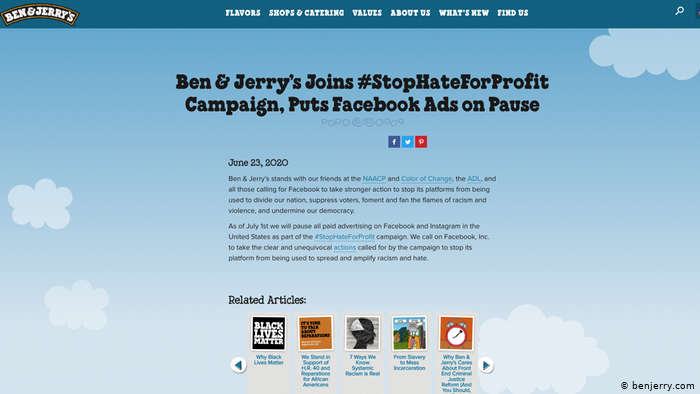
In the event that Facebook imposes the temporary ban on political advertising, it would constitute a startling departure from standard Facebook policy. Last year, Facebook made it clear that it would allow campaign-related speech of any kind to proliferate on its platform. Politicians on all sides were free to spread information – true or not – without fear of being fact-checked or censored.
Case in point: Mr. Zuckerberg has repeatedly stated his support for what he calls “free speech,” and shirked responsibility for misinformation by claiming that Facebook is not “an arbiter of truth.” He evades action on this issue or accountability for damage Facebook has caused in the political arena by claiming that Facebook must let sleeping dogs lie, in essence – that all campaign speech must be left alone, preferring everything to fall under the comforting umbrella phrase of free speech.
It’s crucial to note here that the First Amendment, historically, limits free speech only when it concerns governmental actors – local, state, and federal. Private companies are allowed to censor and limit free speech as they wish, in keeping with American law. In 2018, a federal district court in Texas dismissed a lawsuit filed by a private individual against Facebook, using the state action doctrine. The court ruling explained that “the First Amendment governs only governmental limitations on speech.”
Zuckerberg’s laissez-faire attitude, and his continuous efforts to brand misinformation control as a violation of free speech, have created a firestorm of public scrutiny and civil backlash.
Josh Constine, writing at Tech Crunch, made an eloquent case last November for why Facebook should, indeed, ban political ads and why such a ban is long overdue in these troubled historical times:
“Permitting falsehood in political advertising would work if we had a model democracy, but we don’t. Not only are candidates dishonest, but voters aren’t educated, and the media isn’t objective. And now, hyperlinks turn lies into donations and donations into louder lies. The checks don’t balance. What we face is a self-reinforcing disinformation dystopia.”
Facebook, and social media in general, has permanently altered the way most Americans get their news. You’ve heard of the information vacuum? Well, that information vacuum is amplified and magnified tenfold across Facebook’s platform, especially when it comes to the hyper-manipulated arena of political speech. Once Facebook’s algorithm identifies a certain political leaning or preference, its advertising begins to show users an ever-narrower slice of the information pie, curating news custom-designed to appeal to the user’s tastes, buying habits, and – most dangerously – voting habits.
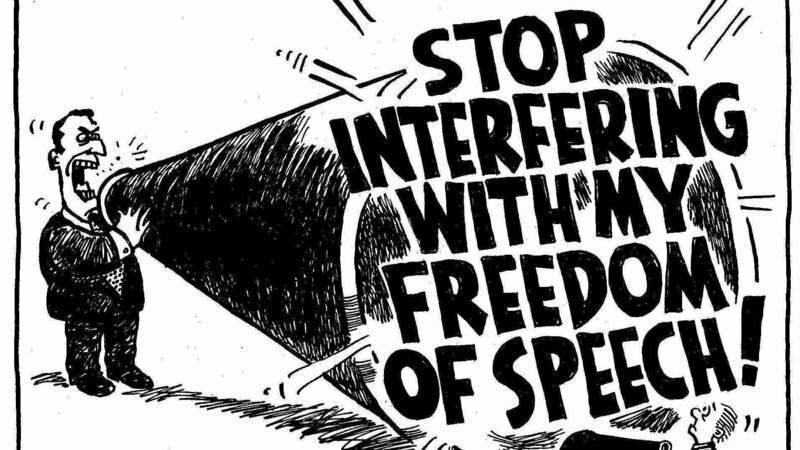
On Facebook, it’s possible for a user to be exposed exclusively and continuously to content that aligns with pre-existing political views, never balancing that information with information from other outlets. This doesn’t just happen on the right (although the problem is notably worse with the right.) It happens at both ends of the political spectrum, with extreme liberal and conservative fake news sources proliferating across the platform. You see what you want to see, hear what you want to hear. And your ability to think critically and make well-informed, responsible decisions about politics goes down the drain as your information vacuum grows stronger and more powerful.
This spiraling vortex of misinformation and propaganda was further confirmed this week by the official release of a two-year audit of Facebook’s political speech and misinformation policies. The audit, performed by lawyers and civil rights experts chosen specifically by the company’s top brass, found that Facebook had failed uniformly to protect users on its platform from misleading ads, misinformation, and discrimination. Their audit made a special note to point out that Facebook had been especially eager to let politicians run rampant with propaganda, and that the company had been disturbingly lenient with the Trump campaign, in particular. “One post allowed the propagation of hate/violent speech and two facilitated voter suppression,” they wrote, just by way of example. “In all three cases, Facebook asserted that the posts did not violate its Community Standards.”
Voter suppression is a serious issue facing America today, and in an election season, it stands to reason that all reasonable efforts should be made to prevent it in whatever form it takes – be it the suppression of mail-in voting ballots, voter fraud, and yes, possibly, even the misinformation on Facebook that facilitates it.
Businesses are free, obviously, to support whatever political causes they choose, to take a stand or not to take a stand on whatever issues may be pertinent to their business, their customers, and their overall brand identity. At Insignia, we recognize the tremendous power of digital marketing, and with it, the responsibility for accurate, truthful information that keeps public interest and civil discourse at heart. This issue is a fascinating examination of the way free speech has evolved with the explosion of private companies that have as much or more power as governments, that operate as public forums disseminating speech of all kinds across the globe. Free speech is our constitutional right, and so is our right to a fair and unbiased democratic election process – a process that is intrinsically jeopardized by misinformation. To say the issue is complex is a bit of an understatement.
Perhaps the Facebook audit report says it best. “Elevating free expression is a good thing, but it should apply to everyone,” the report concludes, in a heartbreaking plea for action. “When it means that powerful politicians do not have to abide by the same rules that everyone else does, a hierarchy of speech is created that privileges certain voices over less powerful voices.”
